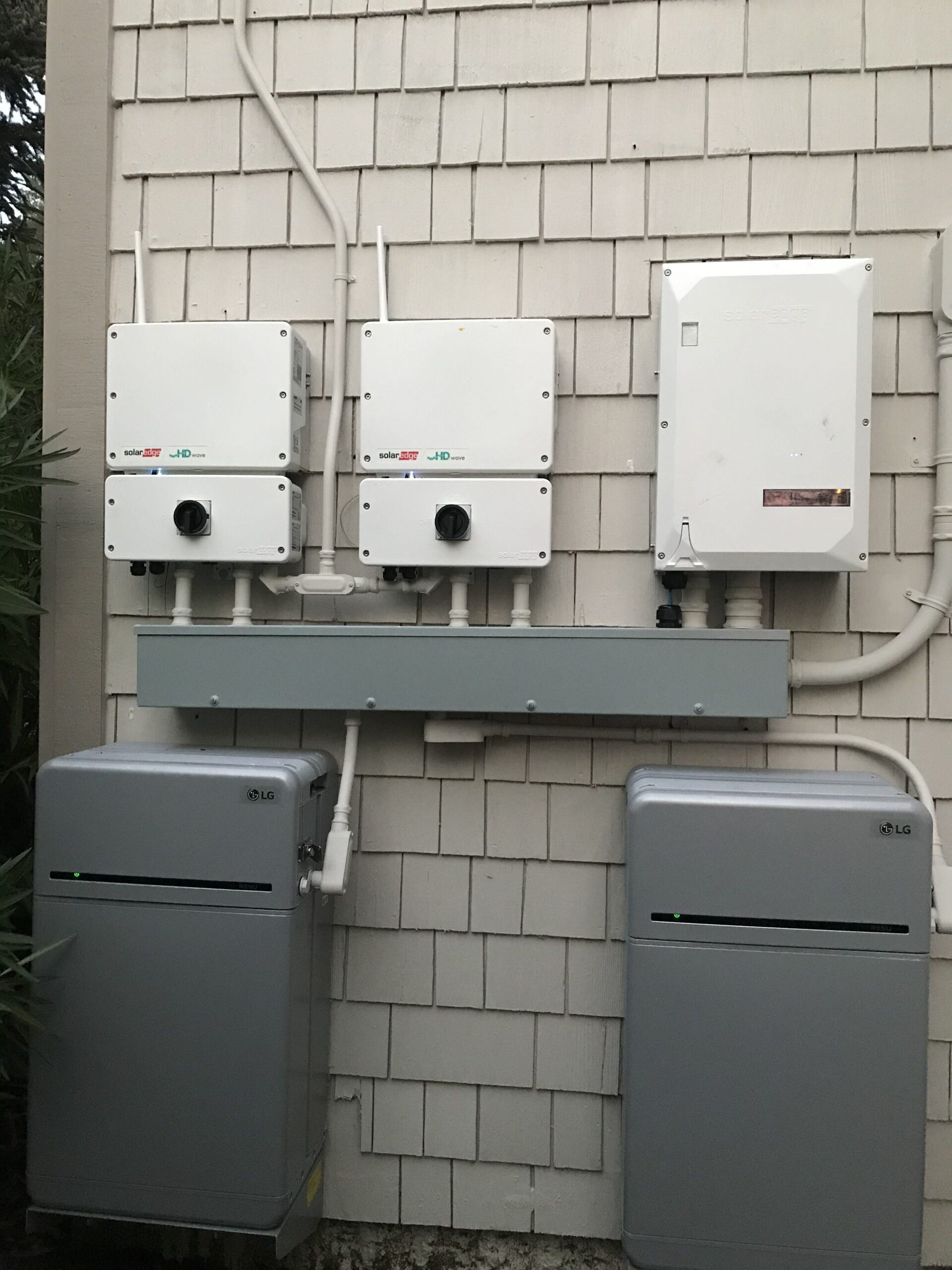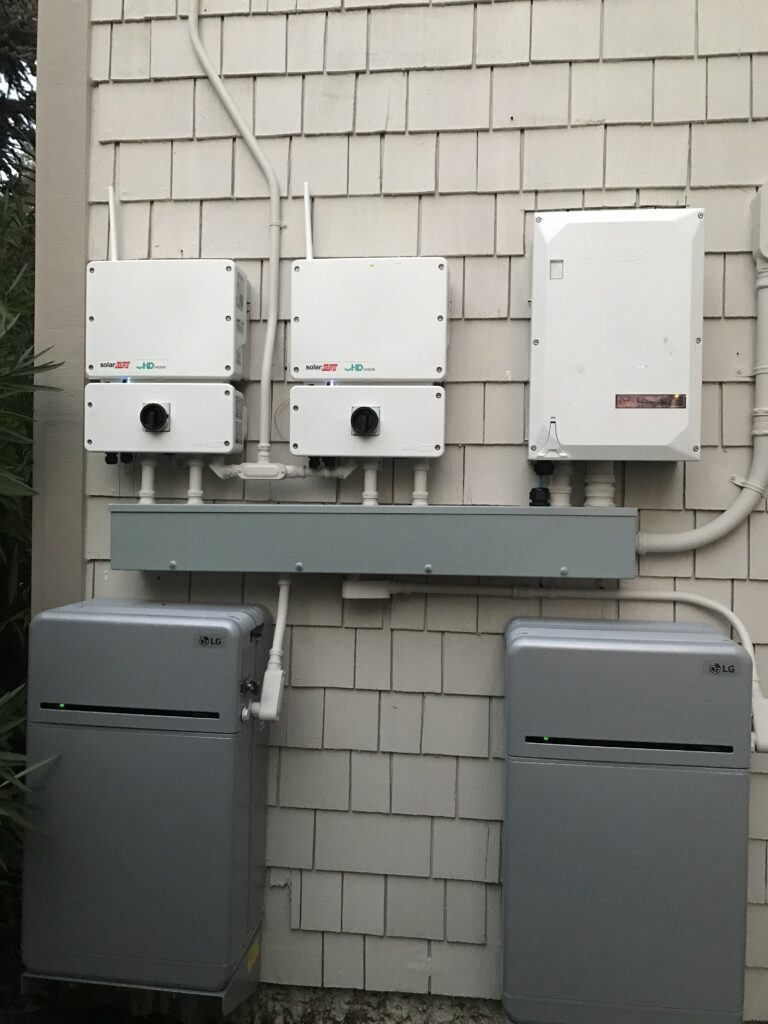A solar battery storage system helps store the excess energy that the solar panels produce during the sunshine hours. It enables the owner to use the stored energy as electricity after sunset when the panels cannot generate electricity. Thus, a solar battery storage system plays a significant role in helping people reduce their dependence on conventional electricity and save substantial cost savings in the long run.
If you’ve been looking to install a solar system for your home, it is evident that you should have solar battery storage installed as well. But how does a solar battery storage system work? Let’s answer this question while delving into other vital facets of solar battery storage systems in this blog.
The Process of Solar Battery Storage System
Of course, we wouldn’t deep dive much into the technicalities of working a solar battery storage system. Instead, we’ll look at its functioning in lucid words to help you understand what precisely happens at the backend.
- Solar panels convert sunlight to DC electricity
- The inverter converts DC to AC and helps run home appliances during the day
- The excess power that the panels generate, which otherwise is sent to the grid, is used to charge the batteries
- Once the batteries charge, the system sends the remaining solar energy to the grid
- The stored energy in the battery gets used in case of power failure or self-consumed when cost of power from the grid is higher during peak times.
Types of Solar Battery Storage Systems
Lead-acid batteries have been the conventional leader in this space. But advancements within this realm have helped better options emerge. One of them is lithium-ion batteries. These are the most common types of batteries and are quickly becoming the choice worldwide. On the other hand, you have flow batteries. These batteries are usually used for larger energy storage applications. They are gradually evolving with advancements that will help them make them more efficient.
What Battery System Size Should You Use?
Battery capacity is measured in kilowatt-hours (kWh), and most lithium battery systems are scalable and modular. Thus, you can get a battery size that suits your needs.
Another aspect to know is the approximate amount of electricity your household or business consumes over an average 24-hour period.
Electricity is measured in kWh. Your utility bill should help you know how much electricity you use daily. Usually, the domestic consumption per day is about 18-22 kWh per day. But it could scale during mid-summers or mid-winters.
Additionally, you must consider how much electricity you should use in the peak evening period, which is from 4 PM to 9 PM. Per experience, the most economical battery size for an average home is usually about 6kWh to 10kWh. But modern homes with EV charging points, etc., will require a larger solar energy battery storage.
Connect with Nabu Energy if you’ve been looking for solar energy and solar energy battery system solutions for your home. Our support includes everything from helping you choose the right battery size based on your average per-day electricity consumption and installing to maintaining the battery. Thus, with us, rest assured, you will optimize the use of solar energy for your home. For details, call us at (510)-737-6228.

